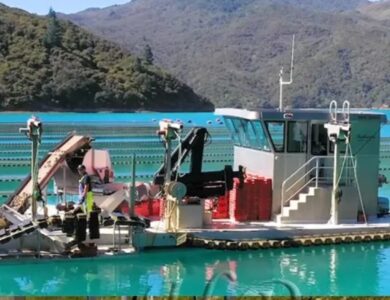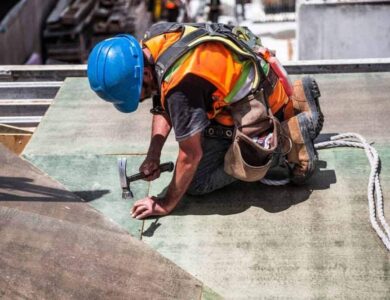The Important Relationship Between Governments and Private Enterprises in Natural Disaster Responses

As a private enterprise, you’ve the ability to quickly mobilize resources such as manpower, equipment, and supplies, which are essential in the immediate aftermath of a disaster. Your expertise in areas such as logistics, construction, and emergency management is invaluable in ensuring an efficient and coordinated response.
Governments rely on your knowledge and experience to assess the situation, develop response plans, and execute them effectively. Without your involvement, governments would struggle to effectively respond to natural disasters and provide the necessary support to affected communities.
The Role of Private Enterprises in Natural Disaster Responses
In a natural disaster response, private enterprises play a crucial role in providing essential resources and services to affected communities. As an individual, you might wonder how private companies contribute to disaster relief efforts. Well, let me explain. Private enterprises have the capability to quickly mobilize and provide necessary supplies such as food, water, and shelter. They also have the expertise to offer specialized services like debris removal, construction, and logistics support.
By collaborating with government agencies and non-profit organizations, private companies ensure a coordinated response that effectively meets the needs of disaster-stricken areas. Additionally, their financial resources enable them to invest in recovery and reconstruction efforts, aiding in the long-term restoration of communities.
Collaboration and Coordination Between Governments and Private Enterprises
When governments and private companies collaborate and coordinate their efforts, you can effectively address the challenges posed by natural disasters. By working together, governments and private enterprises can pool their resources, expertise, and capabilities to respond more efficiently and effectively to natural disasters.
Governments can provide the necessary infrastructure, legislation, and funding, while private companies can bring in their specialized knowledge, technology, and resources. This collaboration allows for a more comprehensive and coordinated approach to disaster response, ensuring that resources are allocated where they’re most needed and that response efforts aren’t duplicated or wasted.
Additionally, private companies can help governments with their expertise in areas such as logistics, communication, and supply chain management. By harnessing the strengths of both parties, the response to natural disasters can be more robust and timely, ultimately saving lives and minimizing the impact on affected communities.
Challenges in the Partnership Between Governments and Private Enterprises
The challenges faced in this partnership can be overcome through effective communication and mutual understanding.
One of the main challenges is the difference in priorities and objectives between governments and private enterprises. Governments often prioritize the overall welfare of the affected population, while private enterprises focus on their own profitability and sustainability. This can lead to conflicts and disagreements regarding resource allocation and decision-making.
Another challenge is the lack of trust and transparency between the two parties. Governments may be reluctant to fully involve private enterprises in disaster response efforts due to concerns about their motives and potential exploitation. On the other hand, private enterprises may be wary of government bureaucracy and red tape.
Overcoming these challenges requires open and honest communication, as well as a shared understanding of the mutual benefits that can be achieved through collaboration.
Benefits of the Relationship Between Governments and Private Enterprises
By working together, you can leverage the unique strengths and resources of both governments and private enterprises to ensure a more efficient and effective response to natural disasters.
Governments have the authority and infrastructure to coordinate large-scale operations, including emergency management systems, disaster relief funds, and access to public resources.
On the other hand, private enterprises bring innovation, agility, and specialized expertise to the table. They have the ability to mobilize quickly, provide essential goods and services, and contribute to the recovery and rebuilding efforts.
This partnership allows for a seamless integration of resources and capabilities, leading to faster response times, better coordination, and enhanced resilience. Governments and private enterprises can pool their knowledge, skills, and resources to better prepare for, respond to, and recover from natural disasters, ultimately ensuring the safety and well-being of communities affected by such events.



